|
In recent years, I’ve talked with teachers who are fiercely dedicated to finding ways to protect the planet their students will be living with in the future. They sometimes struggle to find meaning and hope in their classrooms, yet they also feel the urgency to equip this young generation with the skills and imagination to face the current ecological crisis. And yet many classroom activities are aligned with what the teachers are meant to assess, often with standardized testing.
Today in The Conversation Canada, Xavier Fazio and Louis Volante of Brock University argue that schools should change the way students are tested in science, technology, engineering and mathematics (STEM). They’d like to see students learn about real issues and questions that affect their lives, such as air quality or biodiversity. Not only is it what many teachers want to teach, but it’s what students are keen to learn. But in order to do that, testing also needs to change.
Also today:
Regards,
|
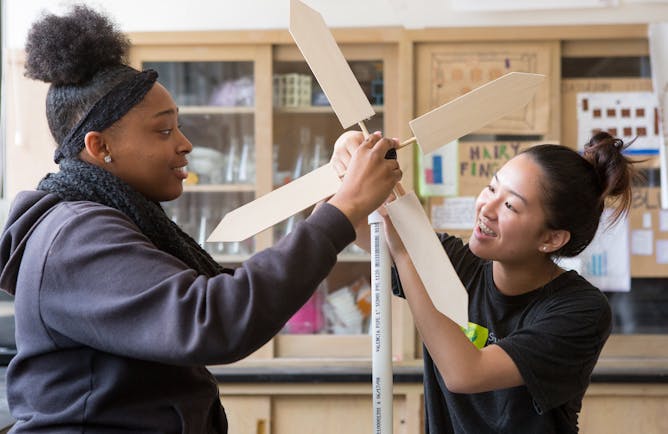
Our educational systems should be doing more to ensure STEM classrooms are places where relevant inquiry pertaining to real-life issues thrives.
(Flickr/Allison Shelley/The Verbatim Agency for American Education: Images of Teachers and Students in Action)
Xavier Fazio, Brock University; Louis Volante, Brock University
Teachers could better support young people's scientific inquiry into urgent planetary and social issues if school testing valued practical science.
|
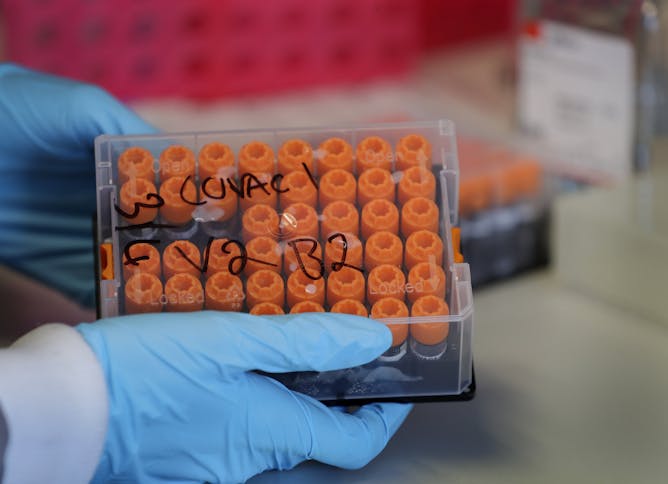
Samples from volunteers are handled in the laboratory at Imperial College in London, on July 30, 2020. Imperial College is working on the development of a COVID-19 vaccine.
(AP Photo/Kirsty Wigglesworth)
Joel Lexchin, University of Toronto; Barbara Mintzes, University of Sydney; Lisa Bero, University of Colorado Anschutz Medical Campus; Marc-Andre Gagnon, Carleton University; Quinn Grundy, University of Toronto
With lives depending on a vaccine, trust in Canada's COVID-19 Vaccine Task Force is crucial. Members of the task force need to make any industry links or potential conflicts of interest publicly clear.
|
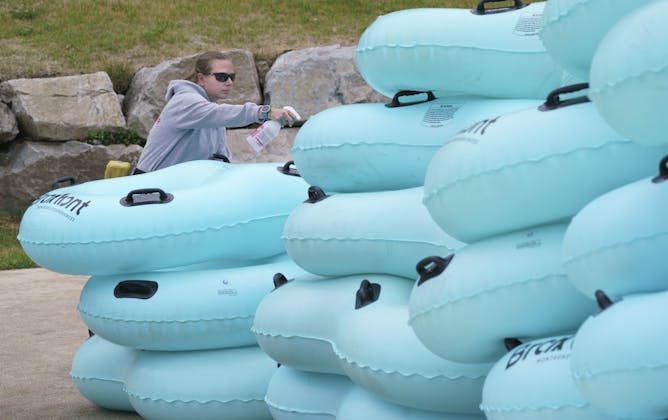
A lifeguard disinfects mattresses used to slide down a water slide in Bromont, Que., in June 2020 as water parks reopened in the province.
THE CANADIAN PRESS/Paul Chiasson
Nick Turner, University of Calgary
Clear and consistent safety messaging in workplaces is imperative for employees both young and old.
|
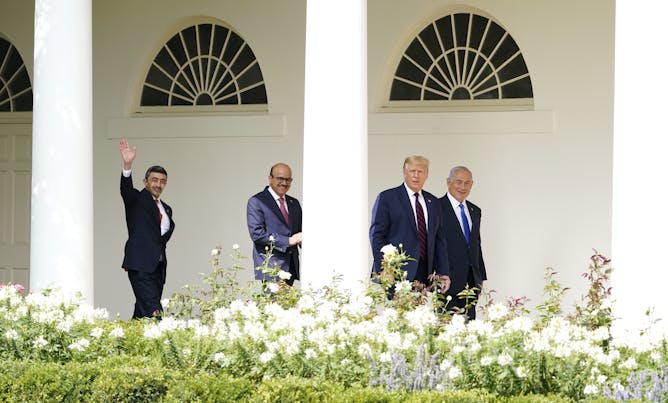
U.S. President Donald Trump walks to the Abraham Accords signing ceremony at the White House on Sept. 15, 2020, with Israeli Prime Minister Benjamin Netanyahu, Bahrain Foreign Minister Khalid bin Ahmed Al Khalifa and United Arab Emirates Foreign Minister Abdullah bin Zayed al-Nahyan.
(AP Photo/Alex Brandon)
Edmund Adam, University of Toronto
Opportunities for dramatic change rarely arise in the Middle East. But now is such a time.
|
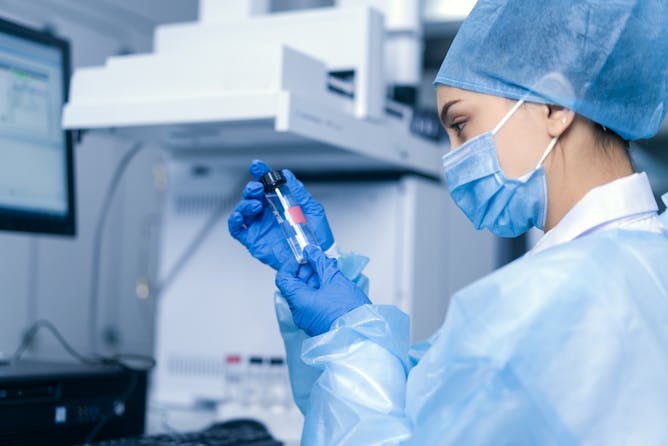
Les équipes de recherche de Moderna et d'AstraZeneca ont utilisé leur expérience antérieure en adaptant des modèles existants pour répondre aux exigences particulières de la fabrication d’un vaccin contre la Covid-19.
Shutterstock
Sarah Pitt, University of Brighton
Tant Moderna que AstraZeneca ont utilisé leurs expériences antérieures ainsi que des conceptions de pointe pour réduire le temps de développement de leurs vaccins.
|
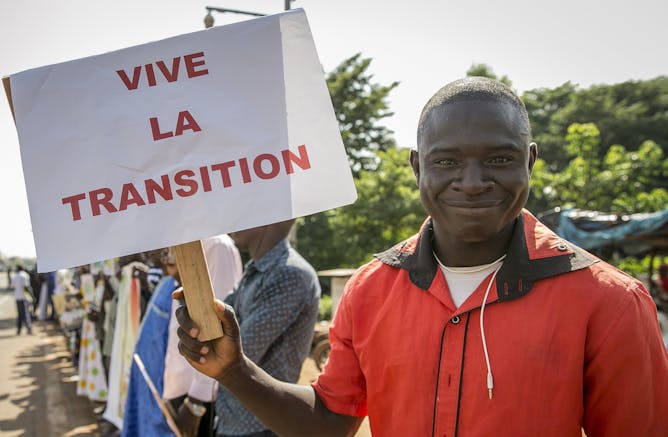
Le Mali connaît un nouveau gouvernement de transition après le coup d'État du 18 août. L'aide que lui apporte le Canada est réservé aux enjeux de sécurité et à un illusoire développement économique.
(AP Photo)
Bonnie Campbell, Université du Québec à Montréal (UQAM)
Alors que le Mali vient de connaître un autre coup d’État, l’aide internationale, dont du Canada, est réservée surtout aux enjeux de sécurité, en grande partie afin d’assurer l’exploitation minière.
|
COVID-19
|
-
Thomas A. Russo, University at Buffalo, The State University of New York
The outdoors is less risky than an enclosed room, but it isn't a COVID-free zone. Here's what you need to know.
|
|
Arts
|
-
Sara Callahan, Stockholm University
New York's Guggenheim Museum has acquired Maurizio Cattelan’s Comedian but how can you value and own a banana and some tape?
|
|
Science + Technology
|
-
Shane Satterley, Griffith University
A Facebook ban on QAnon may not be the best way to address the fast-growing far-right conspiracy movement.
|
|